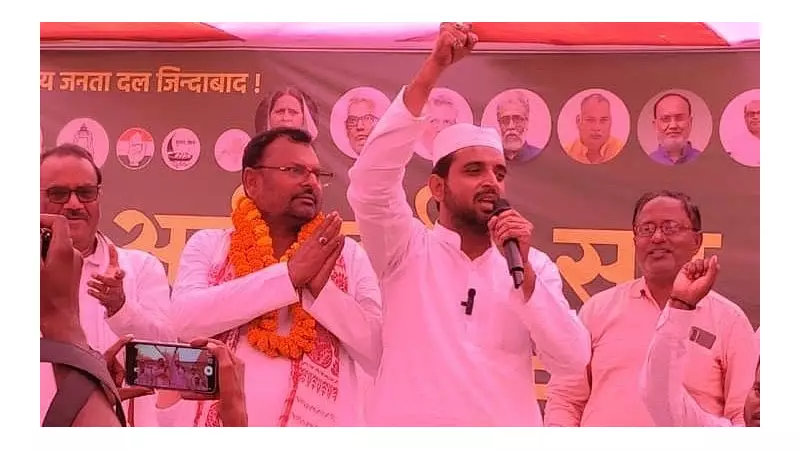
A senior Rashtriya Janata Dal leader has stirred a major political controversy in Bihar with his remarks about the Waqf Board's jurisdiction, creating ripples across the state's political landscape just as election season approaches.
What Sparked the Controversy?
RJD MLC Sunil Singh, during a recent legislative discussion, questioned the Waqf Board's authority, asking pointedly whether the board "governs the entire India." His comments came during debates surrounding proposed amendments to the Waqf Bill, immediately drawing sharp reactions from political opponents and community leaders alike.
Political Fallout Escalates
The Bharatiya Janata Party wasted no time in capitalizing on the statement, with BJP leaders accusing the RJD of disrespecting religious institutions and questioning the party's commitment to minority communities. The controversy has quickly evolved into a heated exchange between the two major political forces in Bihar.
"This statement reveals the RJD's true face," declared a prominent BJP spokesperson. "They claim to be protectors of minorities, but their leaders openly question the very institutions that safeguard minority properties."
Defense and Damage Control
Facing mounting criticism, RJD representatives have moved to clarify Singh's position, suggesting his comments were taken out of context. Party insiders indicate they're working to contain the damage, particularly given the delicate timing with elections looming.
Meanwhile, political analysts suggest this controversy could have significant implications for Bihar's complex caste and community equations, potentially affecting voter sentiment in key constituencies.
Understanding the Waqf Board Context
The Waqf Board manages Muslim religious properties across India, and any discussion about its powers and jurisdiction tends to attract intense political scrutiny. The current controversy emerges against the backdrop of ongoing debates about religious property management and community rights.
As the political temperature rises in Bihar, all eyes remain on how this controversy will unfold and what impact it might have on the state's shifting political alliances and electoral calculations.





